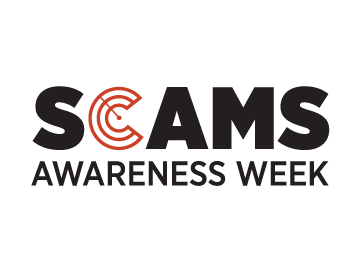61 results, showing 1 to 10
Criminals are impersonating real businesses and offering fake sustainability investment bonds. They claim these bonds offer high returns and are protected by the government.

Criminals are calling, emailing or messaging people and pretending to be from their bank so that they can steal your money.

Scammers are creating lifelike impersonations (or 'deepfakes') of celebrities and public figures, who appear to be promoting 'quantum' or 'AI' online trading platforms.
Scammers are targeting people looking online for love and friendship to trick them into fake investment and cryptocurrency schemes.

Investment scams reported to Scamwatch have cost Australians over $70 million in the first half of this year, more than the total losses reported to Scamwatch for all of 2020, and projected losses are set to reach $140 million by the end of the year.

Last year scammers stole close to $34 million collectively from people who identified as culturally and linguistically diverse (CALD), people with disability, and Indigenous Australians.

Australians reported a record-breaking $37 million lost to Scamwatch last year for dating and romance scams. Total losses are expected to be much higher and scammers are now using dating apps to lure victims into investment scams.

The ACCC has launched a podcast series for this year’s National Scams Awareness Week to provide Australians with tips on how to protect their personal and financial details from scammers.

Data from the ACCC’s annual Targeting Scams report, released this week, indicates scammers don’t discriminate and are targeting a range of different communities in Australia.

Australians lost over $634 million to scams in 2019, according to the latest figures in the ACCC’s Targeting Scams report released today.



